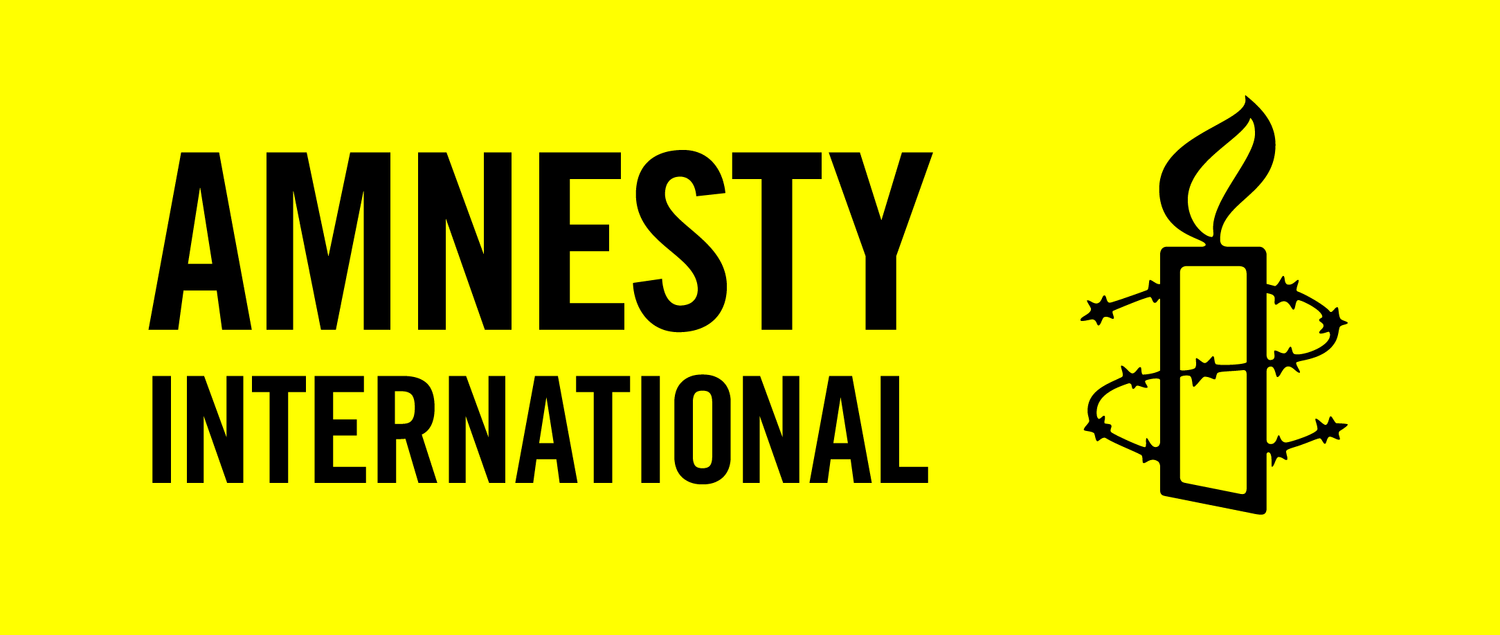The relationship between the entity Director and the Board is crucial for the success, effectiveness and impact of our human rights work. These two key actors work side-by-side to strengthen the values, work and leadership of the entity at the national, regional and global levels. The shared leadership the entity Director and the Board exert enables focused, value-driven and strategic human rights work for Amnesty.
In terms of overall roles and responsibilities of the entity Director and the Board, the table below describes common areas of interconnected dependencies and shared leadership:
This shared leadership responsibility can be defined in more detail as a responsibility to ensure that the entity remains true to the democratic decisions, and the directions set by its grassroots membership, the Global Assembly Meeting (GA) and the Chairs Forum and Director’s Forum. The entity Director and the Board, work together to ensure that:
The effectiveness, stability, and sustainability of the entity are protected and nurtured.
That financial and human resources are managed prudently and effectively.
That the working relationships and communications between the Board and the Director are valued and cultivated in a positive and mutually supportive way.
Good practice in effective leadership and shared responsibility is developed.
Indeed, this shared responsibility also offers unique opportunities to tackle relevant human rights issues while ensuring a proactive, creative and dynamic relationship where innovations are implemented in a timely manner. The joint work of the entity Director and the Board are crucial for Amnesty’s success.
The Resources tab in this article offer guidelines developed by Amnesty International as well as practical tools to enable a productive relationship between the entity Director and the Board.
However, through the Movement Building Programme, your Regional Capacity Building Coordinator can also provide support on:
Advising on key areas for joint leadership development,
Clarifying further each of the roles and responsibilities.
Advising on different ways to develop productive communication skills and ways of working.
Connecting you to other entities who may be able to provide advice or support.
The role of the entity Director and Board at the regional and global governance levels.
See Resources for tools about Board and Director Roles and Responsibilities.










